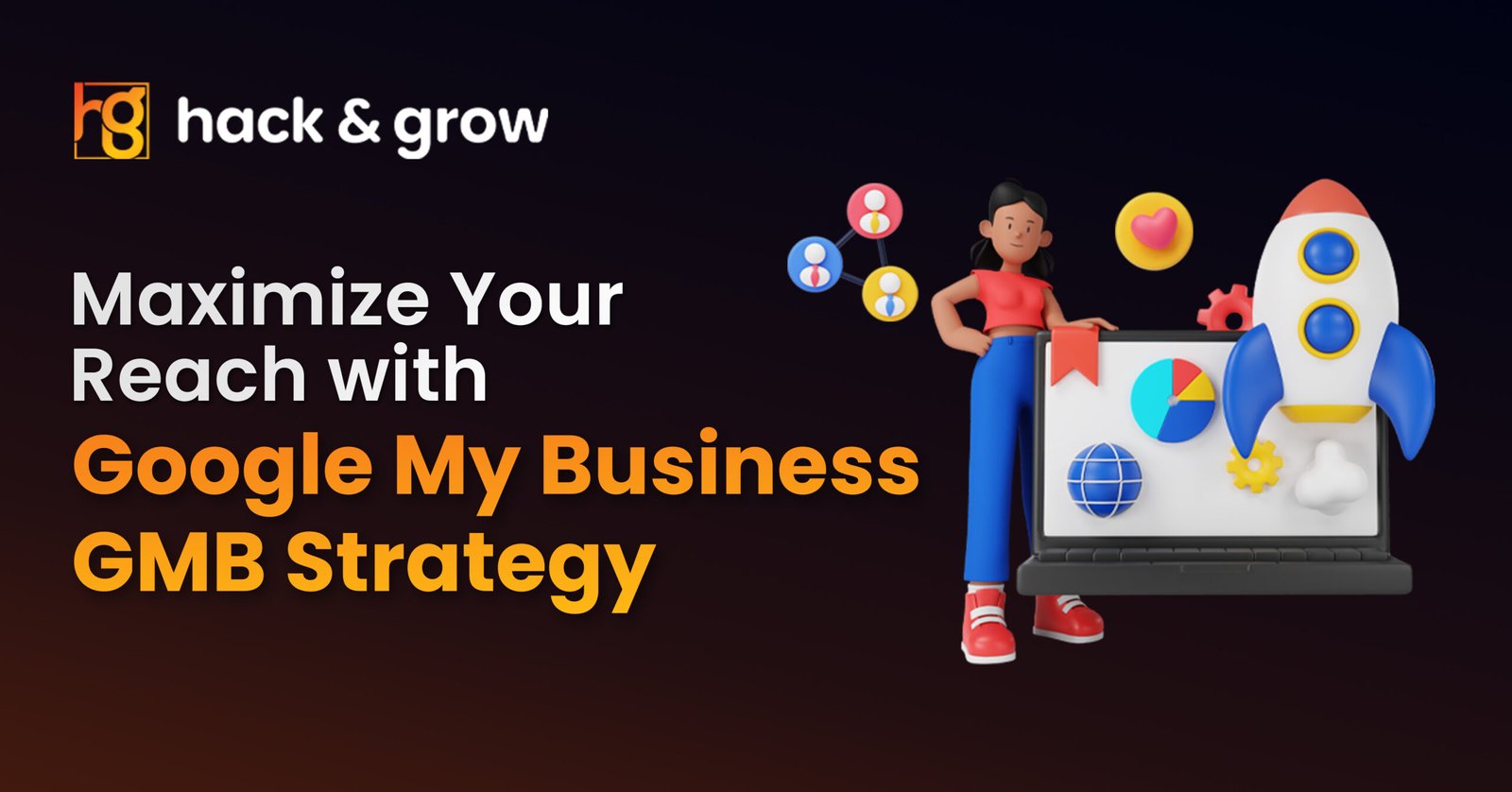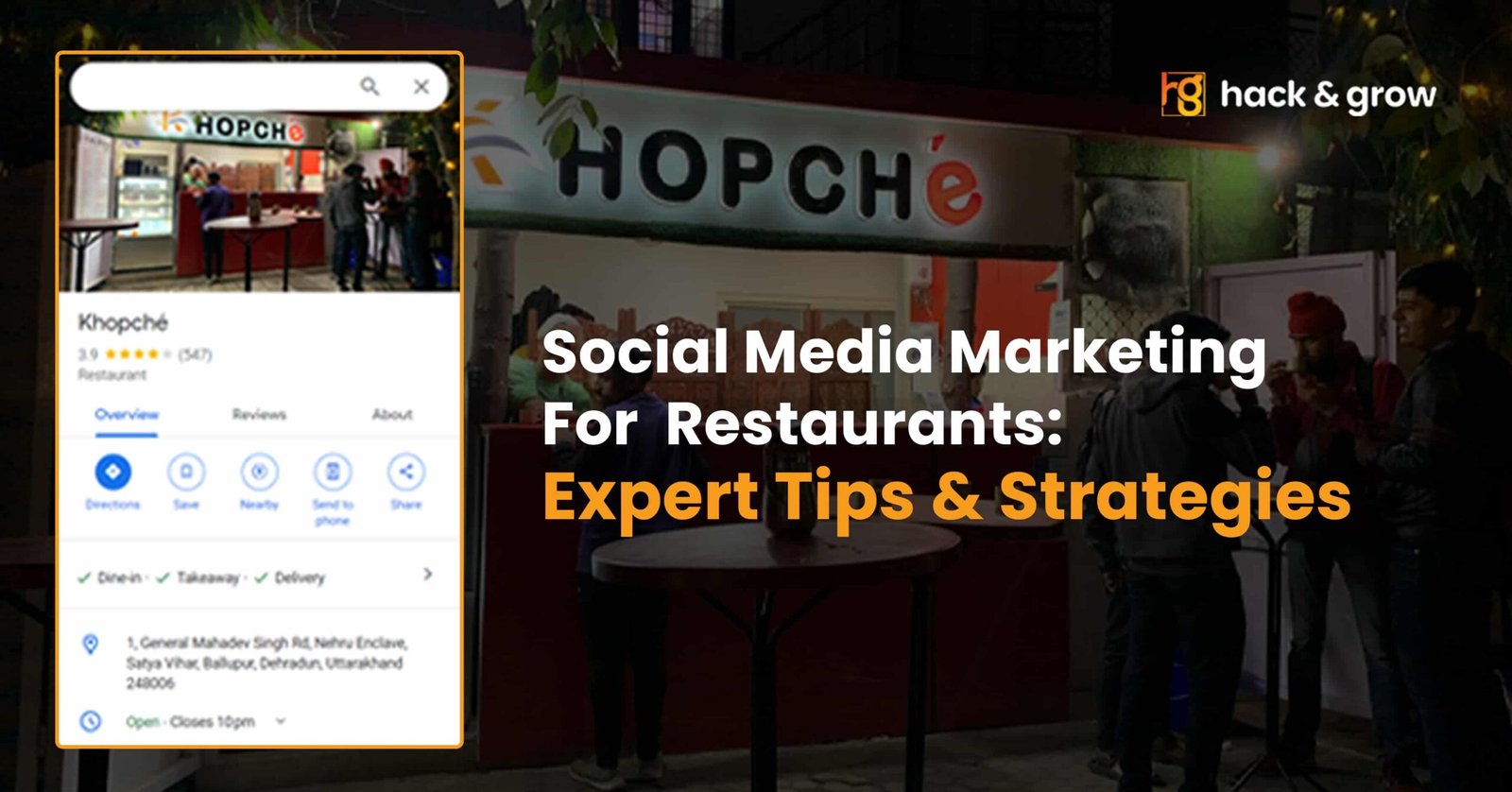In today’s highly competitive digital landscape, mastering the art of creating effective google Ads campaigns can be a game-changer for businesses of all sizes. Whether you’re running an e-commerce store, a service-based company, or promoting a local business, using the right google Ads strategy can help you increase traffic and also generate leads with ultimately boost conversions.
But running a successful google PPC campaign isn’t just about setting up ads and letting them run. You need to continually optimize, strategize, and refine your approach to get the most bang for your buck. In this blog, we’ll break down the essential steps for creating a google Ads campaign that converts, and provide actionable tips for google Ads optimization.
What is a Google Ads Campaign?
A google Ads campaign is an online advertising effort where businesses bid on keywords to display ads to potential customers on google search results, YouTube, and partner websites. These advertisements may be displayed as text, display, or video adverts, among other formats. The primary goal is to drive relevant traffic to your website, boost leads, and increase sales. However, achieving these goals requires a solid google Ads strategy and regular google PPC marketing efforts.

Steps to Create an Effective google Ads Campaign
1. Define Your Goals
The first step to any successful Google Ads campaign is knowing what you want to achieve.Which goals are you aiming to achieve—more online sales, more leads, or increased brand awareness? Defining clear, measurable goals will help you craft an effective google Ads strategy.
For example, if your goal is to drive sales, you may want to focus on Performance Max campaigns. These campaigns use machine learning to serve ads across all google properties, optimizing for conversions in real time.
2. Conduct Thorough Keyword Research
Keywords are the backbone of any google PPC campaigns. The correct keywords that your potential clients are searching for must be your focus when creating a Google Ads campaign if you want it to convert.
Tools like Google Keyword Planner can help you identify high-performing keywords related to your business. Focus on a mix of high-intent, long-tail keywords and more general terms. For instance, if you’re selling organic skincare, you might target keywords like “buy organic skincare products” and “best organic face cream.”
Pro tip: Include both broad match and exact match keywords in your google Ads strategy to reach a wider audience while also maintaining control over who sees your ads.
3. Create Compelling Ad Copy
Your ad copy is what convinces users to click on your ad, so it needs to be engaging and persuasive. Use these pointers to make an effective advertisement:
- Include your main keyword in the headline (e.g., “Affordable Organic Skincare – Shop Now”).
- Highlight your unique selling points (e.g., “Free Shipping” or “100% Natural Ingredients”).
- Use a strong call-to-action (e.g., “Buy Now” or “Get a Free Quote”).
Remember, google allows only a limited number of characters in the headline and description, so make every word count.
4. Set Up Proper Ad Targeting
To make the most out of your google Ads campaign, it’s crucial to get your targeting right. You want your ads to be shown to the most relevant audience to maximize conversions. Use demographic targeting, location targeting, and device targeting to fine-tune who sees your ads.
For instance, if you’re running a local business, make sure to target users in your specific geographic area. This keeps your ad spend from going to waste and guarantees that the people who are most likely to become customers see your adverts.
5. Utilize Performance Max Campaigns
If you’re looking for a more advanced approach to drive conversions, consider using Performance Max campaigns. These campaigns allow you to run ads across all of google’s inventory, including Search, YouTube, Display, Gmail, and Maps. They use machine learning to optimize performance in real-time, helping you achieve your goals faster.
Performance Max campaigns work well if you have multiple conversion types, such as form submissions, phone calls, or online sales. They automatically adjust bids and ad placements to get the best results, making them an integral part of any modern google Ads strategy.
Google Ads Optimization: How to Improve Performance
1. Monitor and Adjust Bids
Bid management is key to google Ads optimization. Google’s bidding strategies, like enhanced CPC (Cost-Per-Click) and target ROAS (Return on Ad Spend), allow you to adjust your bids automatically based on the likelihood of a conversion. However, you should still keep an eye on performance and make manual adjustments as needed.
For example, if certain keywords are driving conversions but costing too much, consider lowering the bids to improve cost efficiency.
2. A/B Test Your Ads
A/B testing, or split testing, is essential for google PPC marketing. By testing different ad variations, you can identify what works best in terms of ad copy, call-to-action, and even landing page design. This continuous optimization can lead to higher click-through rates (CTR) and better conversion rates.
Try testing different headlines, descriptions, or offers to see which version resonates best with your audience.
3. Optimize Your Landing Pages
A landing page that is optimised correctly is essential for converting clicks into sales. Make sure the landing page that appears when you click on one of your advertisements is related to the content of the ad. There should be an obvious call-to-action, a fast load time, and mobile friendliness on the website.
Google also considers landing page quality when determining your ad rank, so optimizing your pages can positively impact both your ad performance and cost-per-click.
4. Use Negative Keywords
Use negative keywords to make sure your adverts only appear for pertinent queries. These are terms you add to your campaign to prevent your ads from being triggered by irrelevant searches. For instance, if you sell premium products, you may want to exclude terms like “cheap” or “discount.”
5. Regularly Review Campaign Performance
Your google Ads campaign should never be “set it and forget it.” Regularly review key metrics such as click-through rate (CTR), conversion rate, and cost-per-click (CPC). Use these insights to tweak your strategy, pause underperforming ads, and allocate more budget to top performers.
Google’s dashboard offers a wealth of information, including keyword performance, audience insights, and device breakdowns, which can help guide your google Ads optimization efforts.
Advanced google PPC Campaigns Strategies
1. Leverage Remarketing
You may target people who have visited your website in the past but did not convert with remarketing.These users are already familiar with your brand, making them more likely to convert on subsequent visits.
By setting up a remarketing campaign, you can serve ads to users as they browse other websites or social media platforms, encouraging them to return and complete their purchase or action.
2. Take Advantage of Ad Extensions
Ad extensions are a powerful tool in any google PPC campaigns. They allow you to display additional information alongside your ads, such as your phone number, business address, or specific product offers.
Popular ad extensions include:
- Phone Extensions: Put your number right in the advertisement.
- Sitelink Extensions: Point visitors to particular web pages on your site.
- Extensions for Callouts: Highlight exclusive deals or distinguishing features.
These extensions not only provide more information to potential customers but can also improve your ad rank and click-through rate.
3. Focus on Mobile Optimization
More and more users are searching and shopping on mobile devices, so optimizing your ads and landing pages for mobile is crucial. Ensure that your ads are mobile-friendly, and that the landing page experience is seamless on smartphones and tablets.
A mobile-optimized google PPC marketing strategy will help you tap into a broader audience and improve conversion rates.
Conclusion
Creating an effective google Ads campaign that converts requires careful planning, and a clear understanding of your target audience. From defining goals and conducting keyword research to optimizing landing pages and leveraging advanced techniques like Performance Max campaigns, each step plays a critical role in your campaign’s success.
By applying these strategies and continuously monitoring performance, you’ll be well on your way to running a successful google campaign that drives meaningful results. Whether you’re new to google PPC marketing or looking to refine your current approach, these tips will help you boost your ROI and stay competitive in the digital advertising space.






